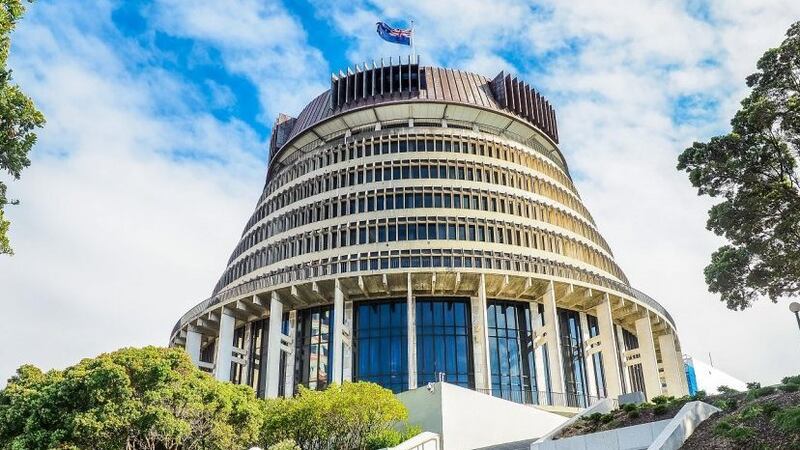Prime Minister Jacinda Ardern has promised her government will be more careful about using entrenchment clauses in future laws it puts up to Parliament.
That follows an embarrassing backdown earlier this week when Leader of the House Chris Hipkins announced that a clause in the Water Services Entities Bill, which had passed through its second stage in Parliament would have to be removed.
The clause, aimed at ensuring public ownership of water, required that to privatise water, 60 percent of MPs would be required to overturn the bill, which is an "entrenchment" clause.
Traditionally, entrenchment clauses, usually set at 75% minimum, are used only for bills covering constitutional matters such as voting.
A storm of protest followed, led by leading lawyers, with questions over whether the prime minister knew about a late change adding the clause to the bill. At least one cabinet minister has said he didn't know.
But Prime Minister Jacinda Ardern tells Te Ao Maori News the government is standing firm on not wanting the privatisation or selling of water assets sold. "We want them to stay in public ownership".
"Now, as a parliament, we've suggested that all MPs go away and work through 'When do we actually use clauses like that' as they should be really rarely used," Ardern said.
Broadcasting Minister Willie Jackson had a controversial interview with Jack Tame on Q+A over the weekend. Arden said Jackson had apologised for the way the interview went and she had accepted that apology.
“There were two things actually: One was how do we deal with the fact that social media companies are using the work of media, news stories and news articles.
“Of course, it costs money to produce and replicate them without any compensation going to those media companies, so we are trying to fix that problem.
The future of media
"The second issue that got discussed is the future of Radio New Zealand and TVNZ, our public broadcasters: How do we make sure they are well supported? Those are both important issues”.
Ardern also talked about Dame Karen Poutasi's review detailing a litany of failures by multiple agencies over the lack of care and protection of 5-year-old Malachi Subecz, who was murdered by his caregiver last year.
Ardern said the independent report was useful for serious things like child abuse. Out of Poutasi's 14 recommendations, the government has agreed with nine but is reviewing the remaining five options.
In Malachi’s case, Ardern said: “You got a number of people with different pieces of the puzzle, not enough people coming together to complete the picture and the consequence is devastating”.
The prime minister also talked about a royal commission of inquiry, which has been launched to review the experience the government had managing the Covid-19 pandemic to review what it was able to do right and what it will need to work on when future pandemics occur.
“There might have been better options. We will have a pandemic in the future and we all hope that it won’t be at the scale of what we just experienced but let’s not lose the lessons so that we don’t repeat any mistakes.”

